Now there are some things all main characters should have in common regardless of whether they were written for the adult or children’s market. They should.
- Have wants and needs
- Grow in some way (emotionally or spiritually)
- Be realistic
- Not be a stereotype of some kind
However, there are some extra things to consider when writing for kids. Here are five questions to ask yourself about your main character.
- Is your character a kid?
I know this one seems self-explanatory, but you would be surprised the number of children’s books that don’t have a kid as the main character. This is especially true in animal fantasies. People seem to think that just because a book features an animal as the main character, it must inherently be for kids. An animal book for kids has a child-like character as the main character. Think of Charlotte’s Web as opposed to Animal Farm. Both feature animals living on a farm. But Charlotte’s Web’s Wilbur is clearly a little boy. The pigs in Animal Farm are clearly adults. - Is your character age-appropriate?
If you say your main character is six, then that kid needs to act six. Developmentally, six year olds are not yet ready for sarcasm. So, if your main character is a sarcastic know-it-all, the kid is going to read older than six. You can change this by either changing the child’s age or removing the sarcasm. - Does your character grow (up)?
This is not a hard and fast rule, but in general, a main character in a kid’s book doesn’t just grow emotionally, they grow up. They reach and pass different emotional milestones. They become a little older, not just chronologically, but emotionally. - Is your character likable or relatable (or both)?
The key here is that you need to have a way for your reader to connect with your character. The easiest way is to have a likable character that the reader wants to succeed. However, even if the character is unpleasant, you can still connect with the reader if the reader can relate to the character in some way. - Is your character worth reading about?
Sometimes when we are more interested in the plot or world building or something, the character suffers. The adventure the character goes on may be wonderful, but if the character is a stereotype or unmotivated, then the story just won’t work. You have to have a character worth rooting for, or the reader won’t come with the kid on the journey.
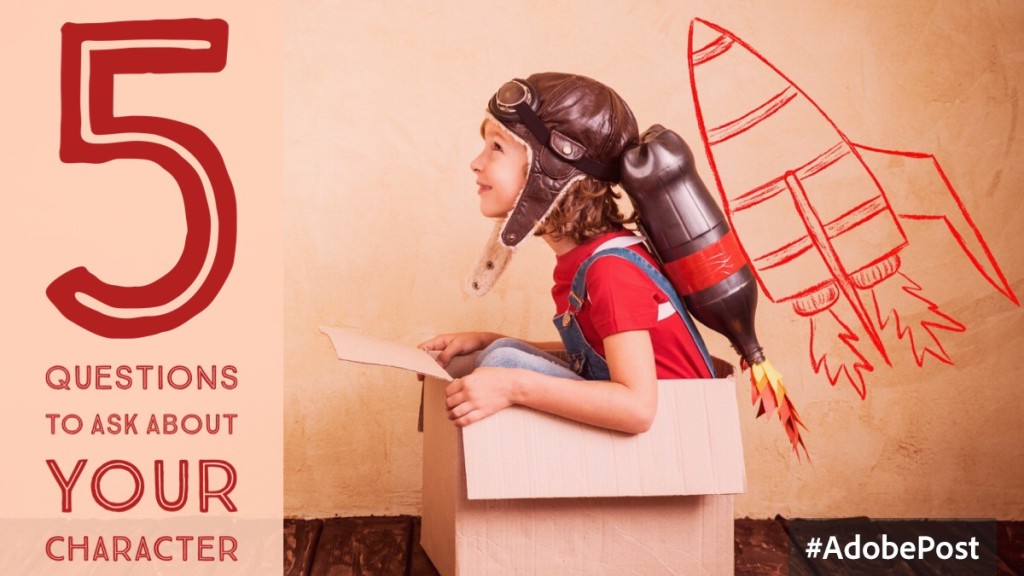


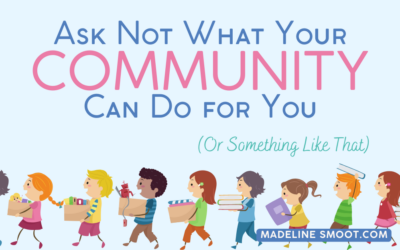
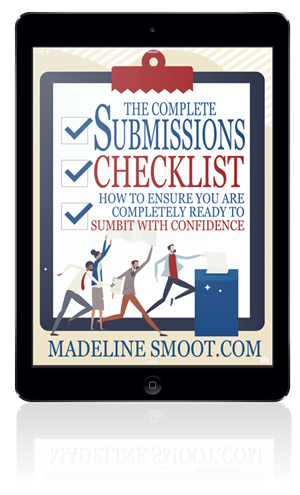
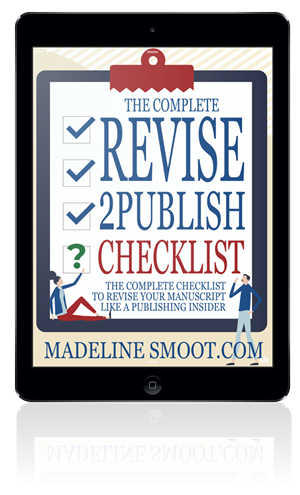
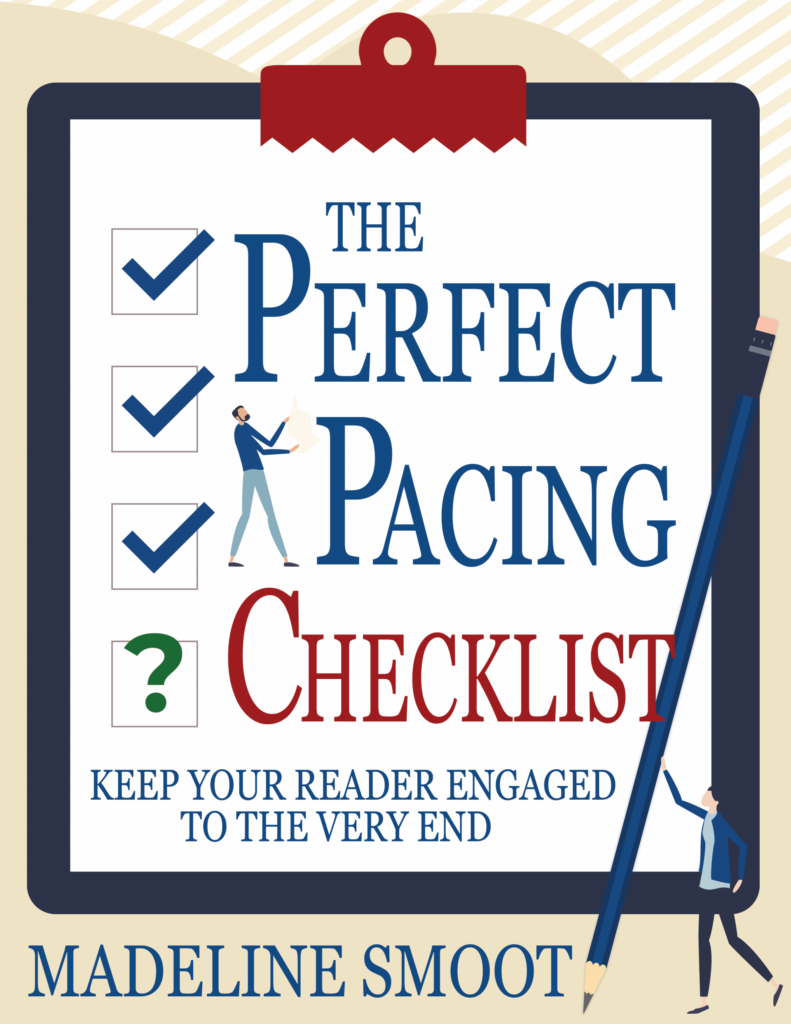
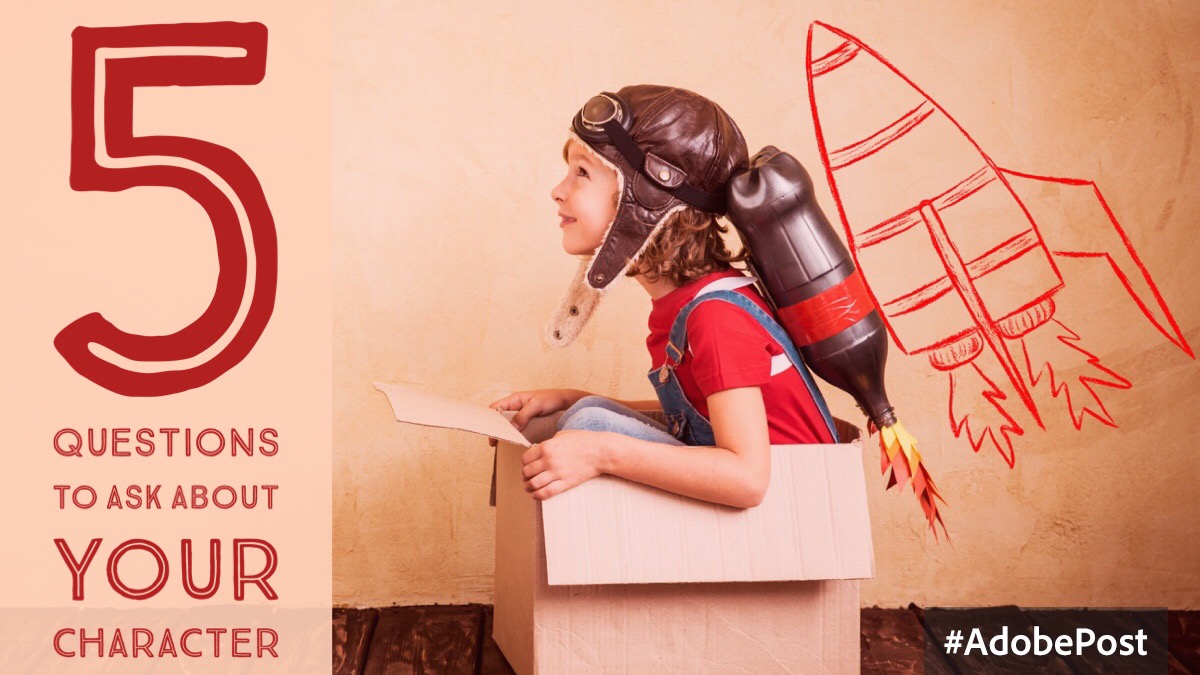
You must be logged in to post a comment.